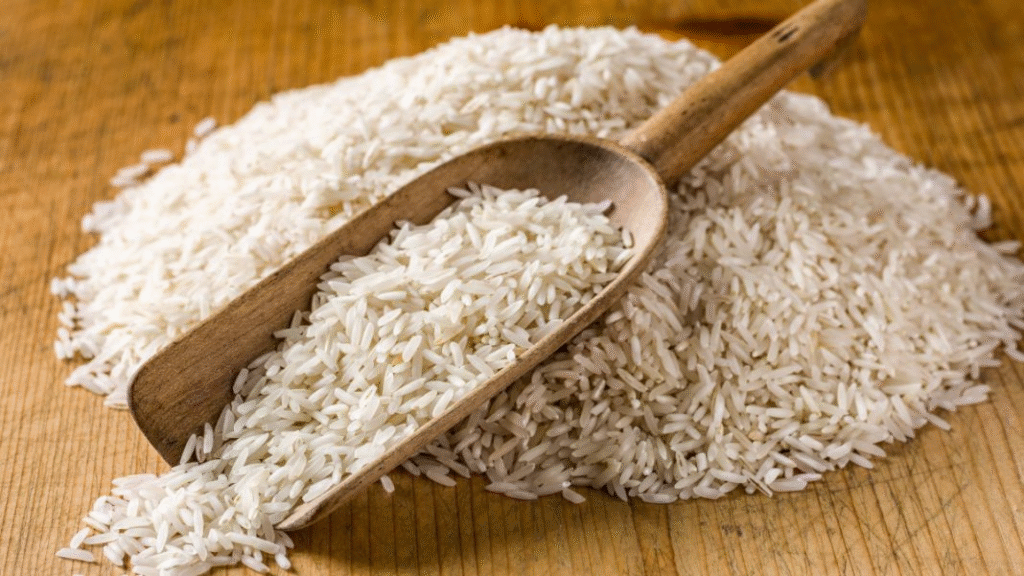Tags
India’s bid for exclusive basmati trademark dismissed by New Zealand High Court
Bureau Report

India’s efforts to secure exclusive international protection for its high-quality basmati rice have suffered a significant setback, with the New Zealand High Court dismissing an appeal by the Agricultural and Processed Food Products Export Development Authority (APEDA).
As per report in The Hindu Business Line, the ruling delivered on 30 October and now publicly released, upholds an earlier decision by the Intellectual Property Office of New Zealand (IPONZ) to reject APEDA’s application for a certification trade mark for Indian basmati.
APEDA lodged its application with IPONZ in February 2019, seeking to register ‘Basmati’ as a certification mark that would have restricted the sale of basmati rice in New Zealand to Indian-grown varieties. However, IPONZ rejected the proposal in July 2024 under New Zealand’s Trade Marks Act 2002, which prevents the registration of widely used descriptive terms as exclusive certification marks.
In its judgment, the High Court found that the Basmati Growing Area spans regions in both India and Pakistan, and that granting India exclusive certification would unfairly disadvantage Pakistani producers.
It is further reported, the court observed that New Zealand consumers do not associate basmati exclusively with India but view it as a description of a particular type of long-grain aromatic rice. Allowing APEDA’s claim, it said, would wrongly exclude legitimate Pakistani basmati producers from the market.
The court also referenced a December 2022 ruling by Australia’s Registrar of Trade Marks, which held that the word ‘basmati’ is incapable of distinguishing rice certified by APEDA from genuine basmati grown outside India.
APEDA’s attempt to introduce safeguards in its application to protect Pakistani producers was deemed insufficient to resolve what the court described as a “core contradiction” in the claim.
According to APEDA, basmati rice has been cultivated for centuries in the Indian subcontinent and was granted Geographical Indication (GI) status in India in 2016. The authority has developed Basmati.Net, a traceability system designed to ensure the authenticity of basmati rice consumed domestically and internationally. Despite these efforts, the New Zealand decision highlights the challenges India faces in seeking exclusive global recognition for basmati under the TRIPS framework.
https://www.theaustraliatoday.com.au/indias-bid-for-exclusive-basmati-trademark-dismissed-by-new-zealand-high-court/amp/Published Date: November 20, 2025






